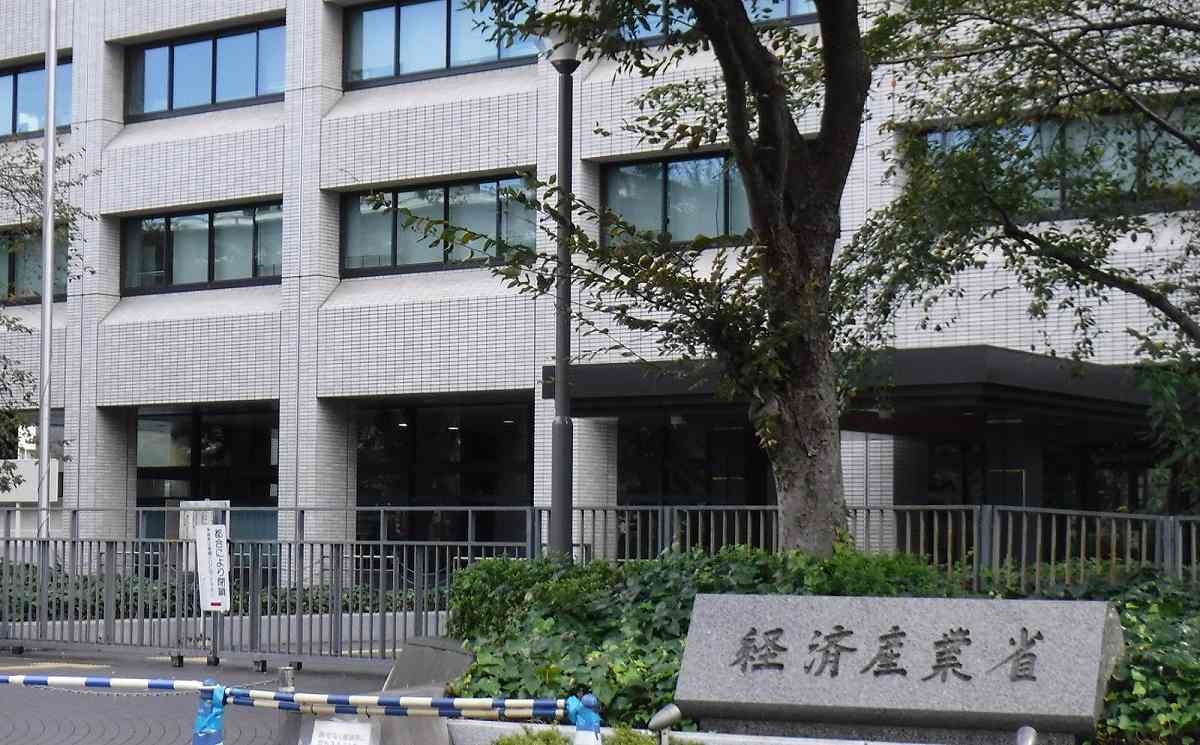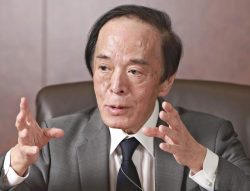Japan to Assist in Achieving International Standardization for Specialist Areas; Solar, Sectors Include Solar, Hydrogen Technologies

The Economy, Trade and Industry Ministry
2:08 JST, April 22, 2025
The Economy, Trade and Industry Ministry will help key five sectors, such as perovskite solar cells, to achieve international standardization as part of efforts to help their competitiveness in cutting-edge technologies, The Yomiuri Shimbun has learned.
In addition to perovskite solar cells, the ministry has named four sectors that Japan is seen to excel in: quantum, hydrogen and ammonia, bio-manufacturing and data linkage platforms. It has designated these areas as priorities to achieve standardization and will promote their development through partnerships with the private sector.
It will be the first time for the government to promote the standardization of specific areas. The ministry plans to formulate a national strategy on international standards by June.
International standards are decided by the International Organization for Standardization and International Electrotechnical Commission and consist of specifications regarding products and technologies, including testing methods. Common examples include QR codes as well as R14 and R6 dry cell batteries. The standards ensure that products and service are compatible and safe to use and contribute to future technological development.
If Japan can push international standards in specific fields, it will help to gain the upper hand in overseas markets. The ministry will head efforts to set up specialized human resources for the development of the strategy and rules, and will promote the development and utilization of the standards.
Perovskite solar cells were developed in Japan and have been positioned as a game changer for the future expansion of renewable energy. Sekisui Chemical Co. has been working to mass-produce light and bendable film-type perovskite solar cells, while Panasonic Holdings Corp. has been developing perovskite glass panels which can be used for construction.
Global competition is also intensifying in the development of quantum computers, which may outperform supercomputers in performance.
All these fields are expected to see a rise in demand globally and are becoming increasingly important from the viewpoint of economic security. While Japan has led efforts for international standardization through private-sector initiatives, the United States, China and some European nations have already pushed forward with such efforts as a national strategy.
The Japanese government is set to cultivate relevant expertise in the five priority areas and apply it to other fields.
Top Articles in Business
-

Prudential Life Insurance Plans to Fully Compensate for Damages Caused by Fraudulent Actions Without Waiting for Third-Party Committee Review
-

Narita Airport, Startup in Japan Demonstrate Machine to Compress Clothes for Tourists to Prevent People from Abandoning Suitcases
-

Japan, U.S. Name 3 Inaugural Investment Projects; Reached Agreement After Considerable Difficulty
-

Toyota Motor Group Firm to Sell Clean Energy Greenhouses for Strawberries
-

Japan’s Major Real Estate Firms Expanding Overseas Businesses to Secure Future Growth, Focusing on Europe, U.S., Asia
JN ACCESS RANKING
-

Producer Behind Pop Group XG Arrested for Cocaine Possession
-

Japan PM Takaichi’s Cabinet Resigns en Masse
-

Man Infected with Measles Reportedly Dined at Restaurant in Tokyo Station
-

Israeli Ambassador to Japan Speaks about Japan’s Role in the Reconstruction of Gaza
-

Videos Plagiarized, Reposted with False Subtitles Claiming ‘Ryukyu Belongs to China’; Anti-China False Information Also Posted in Japan
























